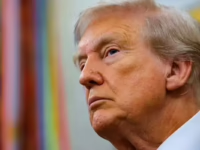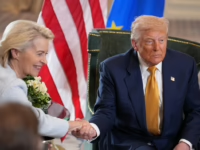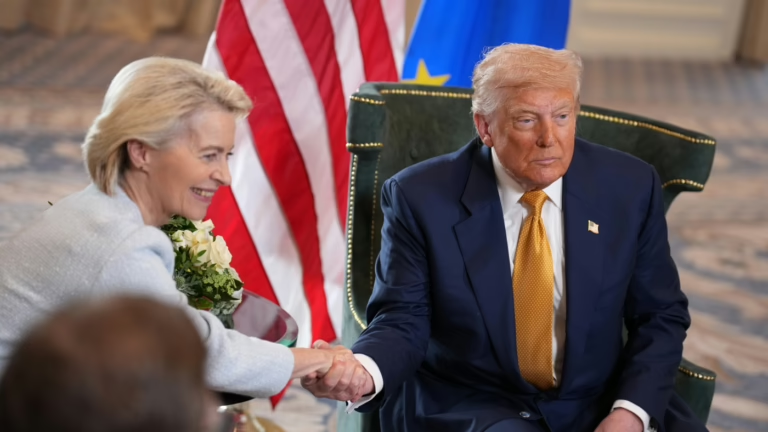President Donald Trump greets European Commission President Ursula von der Leyen while unveiling a trade agreement with the EU at Trump Turnberry golf resort on July 27, 2025, in Turnberry, Scotland.
Andrew Harnik/Getty Images/Getty Images Europe
hide caption
toggle caption
Andrew Harnik/Getty Images/Getty Images Europe
Ben Bland leads the Asia-Pacific Program at Chatham House, a London-based international policy think tank, and has authored two books on Asian political affairs.
Prior to President Trump’s recent return to the White House, discussions with diplomats and security experts across Europe and Asia exposed a striking paradox. While U.S. partners are apprehensive about the potential unraveling of the global order that has ensured their security for decades, they remain reluctant to undertake the fundamental reforms necessary to navigate an increasingly unpredictable international landscape.
Nonetheless, this stance appears to be evolving. In recent months, U.S. allies spanning Europe and the Indo-Pacific region have demonstrated a growing readiness to collaborate on a broad spectrum of mutual priorities, including trade, defense, alliance coordination, and managing the challenges posed by China. As democratic middle powers committed to free trade and investment, the United Kingdom, France, and Germany-Washington’s key European partners-share significant common ground with Australia, New Zealand, Japan, and South Korea, the Indo-Pacific’s cornerstone allies of the U.S.
Recently, the foreign ministers from these seven nations, along with Poland-a vital player in European security-convened on the sidelines of the United Nations General Assembly in New York. This gathering, held in a novel format and notably without U.S. participation despite occurring on American soil, recognized that “peace, security, and resilience in the Indo-Pacific and Europe are increasingly interconnected.” They committed to enhanced cooperation on maritime security, cybersecurity, economic stability, climate action, and broader geopolitical challenges.
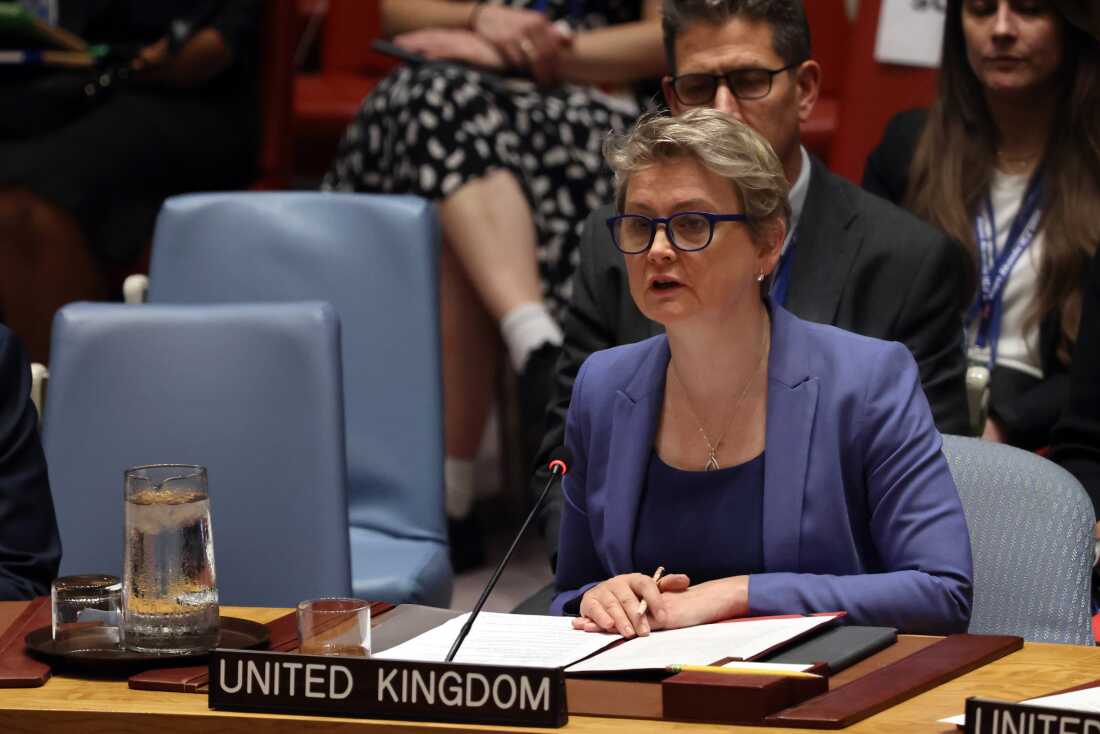
British Foreign Secretary Yvette Cooper participates in a Security Council session during the U.N. General Assembly on September 23, 2025, at the U.N. headquarters in New York City. On the same day, she engaged with foreign ministers from seven allied nations across Europe and Asia.
Spencer Platt/Getty Images/Getty Images North America
hide caption
toggle caption
Spencer Platt/Getty Images/Getty Images North America
On the economic front, these countries aim to protect themselves from China’s strategic use of its manufacturing and emerging technology dominance. Simultaneously, they seek to counteract rising protectionist tendencies originating from the U.S., trends that predate President Trump’s latest term.
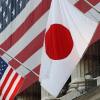
Strategies for U.S. Allies to Collaborate Effectively
Regardless of whether economic self-sufficiency is viable for a global superpower like the U.S., its partners in Europe and the Indo-Pacific face significant challenges if trade and investment barriers continue to rise. Prominent, open-market economies such as the U.K., France, Germany, Japan, South Korea, and Australia must intensify their joint efforts to safeguard the seamless exchange of goods, services, and capital in the years ahead.
One promising path is enhanced cooperation through the Comprehensive and Progressive Agreement for Trans-Pacific Partnership (CPTPP), a multilateral trade pact initially supported by the U.S. before its withdrawal in 2017. Australia, Japan, New Zealand, and the U.K. are current members, South Korea is contemplating accession, and the European Union has explored deepening its trade ties with the CPTPP bloc.

A passerby moves past the Chinese and U.S. flags displayed outside a souvenir store in Beijing on January 31, 2025. Both nations are intensifying efforts to dominate critical technologies such as artificial intelligence, semiconductors, and electric vehicle batteries.
Andy Wong/AP
hide caption
toggle caption
Andy Wong/AP
Technology represents another domain ripe for deeper alliance. As China and the U.S. escalate their competition for supremacy in fields like AI, semiconductor manufacturing, and battery technology for electric vehicles, none of Washington’s principal allies possess the individual financial or industrial capacity to compete independently. However, by combining expertise and resources, these countries can strive to avoid technological marginalization and address the risks of fragmented global standards and systems.
In defense and intelligence, while the U.S. remains the indispensable cornerstone, European and Indo-Pacific partners are increasingly forging direct connections among themselves. For instance, rather than relying solely on American suppliers, Italy, Japan, and the U.K. are collaborating on the development of next-generation fighter jets through the Global Combat Air Program. This initiative could signal a broader trend toward integrating defense and security efforts across these allied regions.
Addressing Challenges and Leading Collectively
This emerging dynamic does not imply a decoupling from Washington. Instead, it reflects a pragmatic response to shifts in U.S. domestic politics, aiming to empower allies in Europe and the Indo-Pacific to take on more substantial roles independently.

Yet, coordinating efforts among middle powers in Europe and Asia without the full backing of U.S. leadership presents significant hurdles.
Within the European Union, France and Germany continue to experience friction, with their joint fighter jet project, the Future Combat Air System, facing uncertainty due to political disputes and commercial competition. Meanwhile, the U.K., though repairing relations with its European neighbors post-Brexit, remains outside the EU framework, complicating defense and industrial collaboration.
In the Indo-Pacific, longstanding historical disputes between Japan and South Korea have previously hindered their ability to cooperate fully with the U.S. and other allies.
Overcoming these obstacles will require visionary thinking to transcend entrenched disagreements and astute leadership to devise innovative, adaptable, and cost-efficient strategies. Should U.S. allies in Europe and the Indo-Pacific fail to enhance their collective efforts, they risk lacking the scale and resources necessary to prosper amid today’s volatile global environment.










